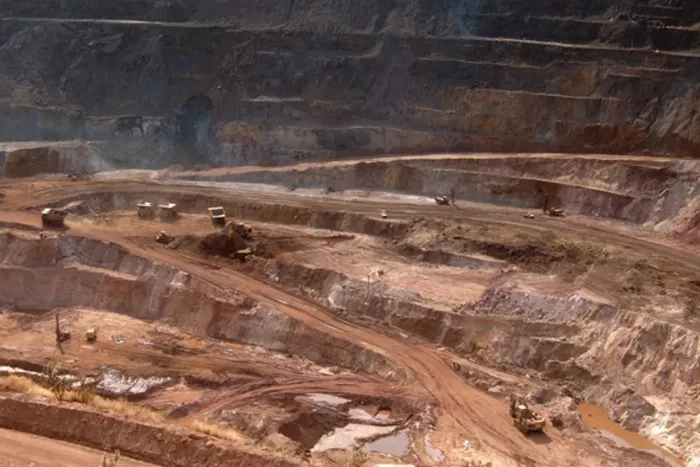Last month, Mali’s government detained three executives from Resolute Mining, an Australian mining company, over a $160 million tax dispute. The government demanded the company pay the outstanding taxes owed to the Malian state.
The international media quickly seized on the story, labeling the arrests as “unexpected” and framing the executives as being “held in captivity.” Such language, critics argue, reflects a neocolonial narrative that seeks to portray the legitimate assertion of African sovereignty as criminal.
This incident and its media coverage highlight the broader issue of neocolonial resource exploitation that continues to affect African nations. While the actions of the Malian government have been criticized, they represent a growing trend across the continent where African countries are challenging unfair contracts and demanding better terms from foreign corporations. If this momentum continues, it could inspire other nations to take similar steps to curb the extraction of resources by foreign companies that benefit at the expense of local populations.
Mali, one of Africa’s largest gold producers, faces stark economic inequalities, with nearly half of its population living below the poverty line. Despite gold accounting for about 80 percent of Mali’s exports, the wealth generated from this resource is not reflected in the living standards of its citizens. The national literacy rate stands at just 33 percent, and access to basic services like sanitation (45 percent) and electricity (48 percent) is limited. The country also faces ongoing challenges from climate change, droughts, and widespread malnutrition.
For decades, foreign mining companies have reaped substantial profits from Mali’s gold, but the economic benefits to the Malian people have been minimal. Reports estimate that Mali loses around $580 million annually to illicit financial flows and tax evasion by corporations.
This systemic exploitation of Mali’s mineral wealth has roots in its colonial past. Under French rule for 68 years, the country’s resources were extracted to benefit French industries, with little regard for local development. Gold was one of the key resources exploited during the colonial period. Following independence, this extractive system persisted, with foreign companies, mostly from Western nations, continuing to profit from Mali’s gold while contributing little to the country’s economic development.
The ongoing tax dispute with Resolute Mining is part of a broader effort by Mali to reform its mining sector. The country has recently introduced changes to its mining code, aiming to increase state revenues and improve its share of mining profits. Mali’s government has also demanded $500 million in unpaid taxes from another foreign mining company, Barrick Gold, and has issued an arrest warrant for the CEO.
Despite these reforms, Western narratives often portray them as disruptive or authoritarian. Such perspectives obscure the moral imperative for African nations like Mali to secure a fairer share of the wealth generated by their natural resources.
It is not surprising that both the UK and Australian governments have intervened in favor of Resolute Mining, lobbying for the release of the detained executives. These actions demonstrate a clear prioritization of corporate interests over the enforcement of local laws, reinforcing a narrative that undermines the legitimacy of African governance. This diplomatic intervention reflects a colonial-era mindset, where foreign economic interests take precedence over the welfare of local populations.
Despite international pressure and biased media portrayals, Mali succeeded in securing the payment of the outstanding taxes from Resolute Mining. Additionally, the government renegotiated its mining agreement to increase its share of the revenues.
Mali’s actions are not isolated. Across Africa, countries are increasingly asserting their sovereignty over their natural resources. Senegal has launched efforts to renegotiate contracts in its mining, oil, and gas sectors. In Niger, the government seized control of a uranium mine operated by a French conglomerate. Burkina Faso has threatened to revoke mining licenses from foreign companies.
These actions signal a broader movement across the continent to reclaim control over resources and governance. They reflect a growing demand for respect, equity, and self-determination among African nations.
Mali’s confrontation with foreign mining companies underscores the urgent need for African nations to assert their sovereignty and demand fairer terms in resource extraction. While some in the West may frame these actions as destabilizing, such narratives serve to protect foreign interests at the expense of local populations. Instead, global audiences should recognize these efforts as vital steps toward economic justice and the long-overdue redistribution of Africa’s wealth.
Related topics:
- How Many Rupees Gold Today?
- Gold Prices in Chennai Rise Amid U.S. Elections
- Gold Prices Fall in India Following Trump’s Election Win: Check Latest Rates for November 7


